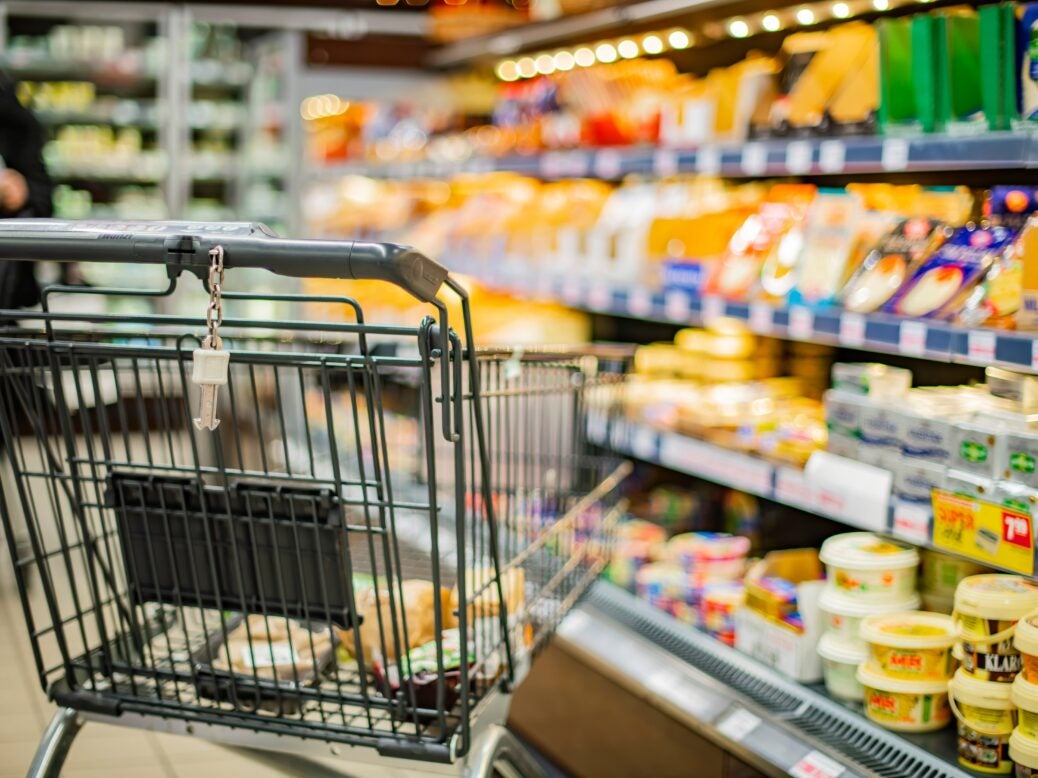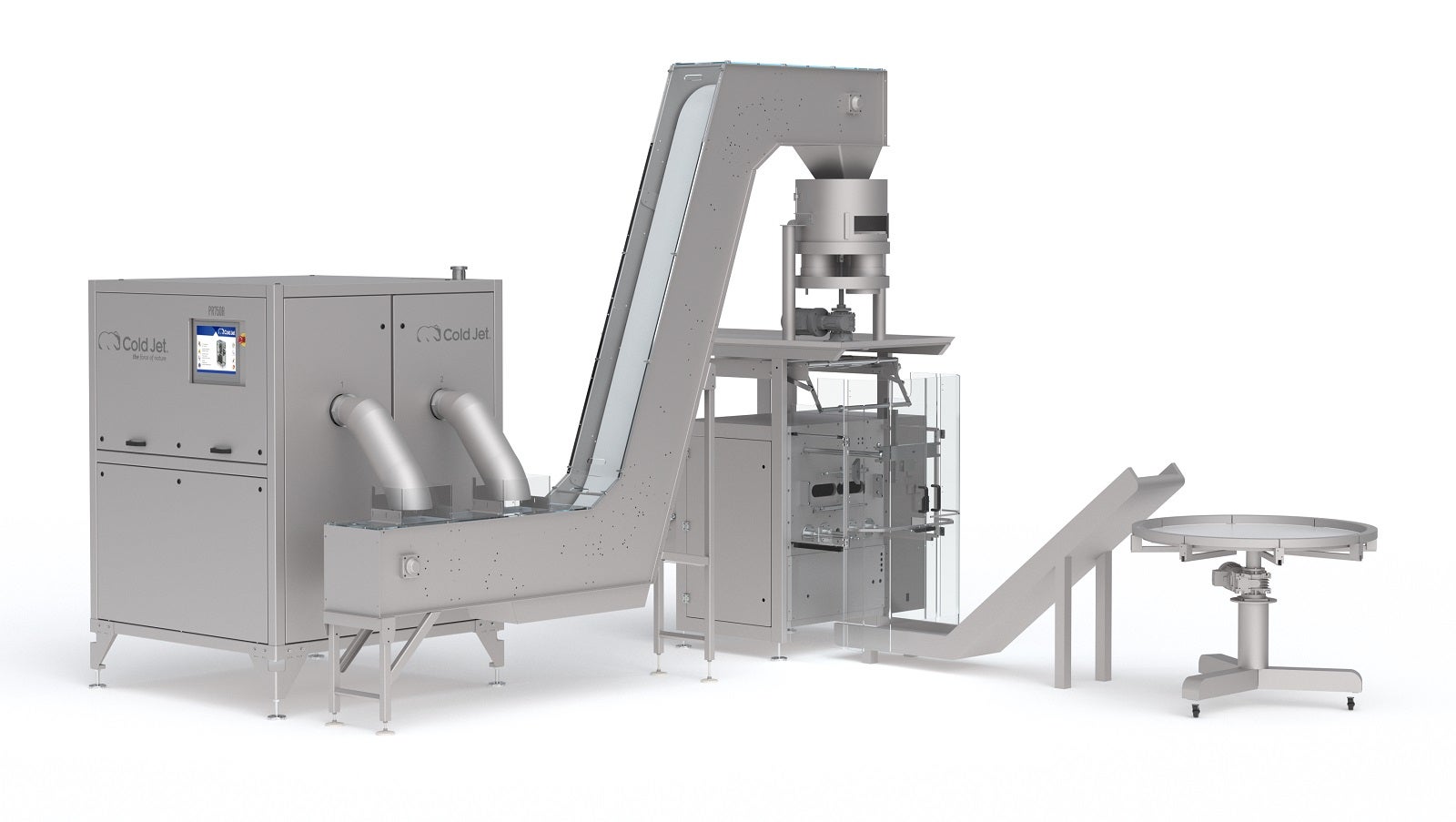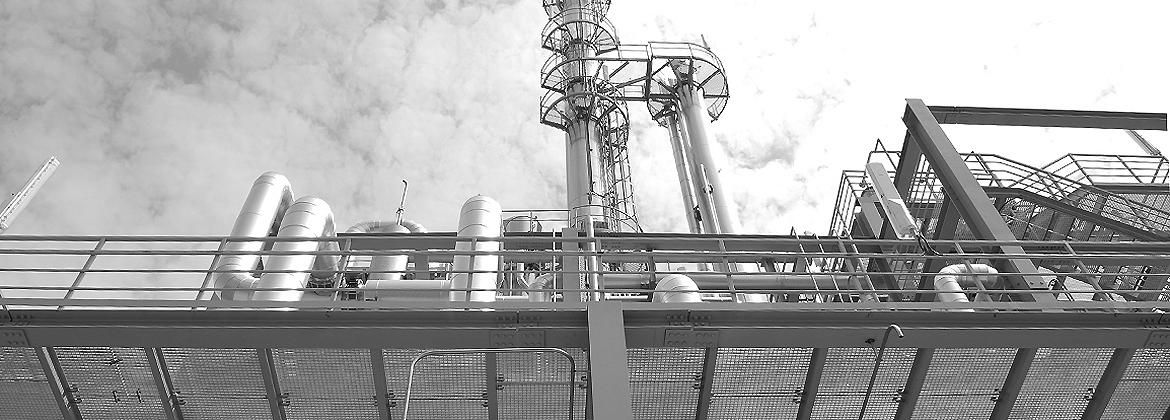
UK food and non-alcoholic drink inflation hit a “grim milestone” in September, rising 14.5% year on year, data shows.
After 14 months of consecutive rises the annual inflation rate for food and non-alcoholic beverages is estimated to be at its highest since April 1980, according to the Office for National Statistics (ONS).
The sector made the largest upward contribution to month-on-month increases in the Consumer Prices Index (CPI), which rose by 10.1% in the 12 months to September 2022, up from 9.9% in August.
Karen Betts, chief executive of industry body Food and Drink Federation, said: “Today marks a grim milestone with food and drink price inflation hitting 14.6%, according to CPIH data, in September, a level not seen since the 1980s.
“Food and drink manufacturers continue to do everything they can to keep product prices down but huge rises in ingredient, raw material, energy and other costs mean they have no choice but to pass some price rises on.
“Recent economic turbulence in the UK has made a difficult operating environment for businesses in our sector worse. Companies urgently need a stable economic outlook and a coherent policy framework to enable them to make investment and other critical decisions that are central to their businesses and to the prosperity of their local communities.”
Fresh milk saw a 34.5% rise across the 12-month period according to ONS data derived from the Retail Prices Index. Oil and fats were up by 29.1% while butter increased by 27.9%, eggs rose by 23.2%, biscuits and cakes were up 18.8% and bread rose 14.7%.
Coffee and other hot drinks (not including tea) rose by 16.1% in September compared with the same period last year, tea rose by 12.8% and soft drinks rose 11.2%.
It comes as Ireland announced record September inflation levels of 12.4% yesterday. Staples including butter, milk and bread were 28% higher than this time last year.
Food inflation in Germany hit 20% in September, its highest level in three decades according to the federal statistical office.
Data from market research firm Kantar, compiled from home grocery purchasing habits of 30,000 households, estimated grocery price inflation in the UK reached the slightly lower figure of 13.9% in September. The market research firm said the increase – up from 12.4% through August – left grocery inflation at the highest level since it began tracking prices in this way during the 2008 financial crisis.
UK hospitality representatives are calling for business rates relief following the release of the latest inflation figure..
Kate Nicholls, chief executive of trade body UK Hospitality, said September’s inflation figures could send businesses up to a “cliff-edge” if they are used to set tax changes and rates for next year.
She said: “With hospitality inflation contributing heavily to the overall inflation rate, we now risk an inflationary spiral where our higher costs lead to higher taxes which lead to even higher prices.
“As well as needing to reform the entire business rates system in the long-term, it’s now absolutely critical that business rates relief is extended for vulnerable sectors such as hospitality and that downward revaluations are realised in full.”



